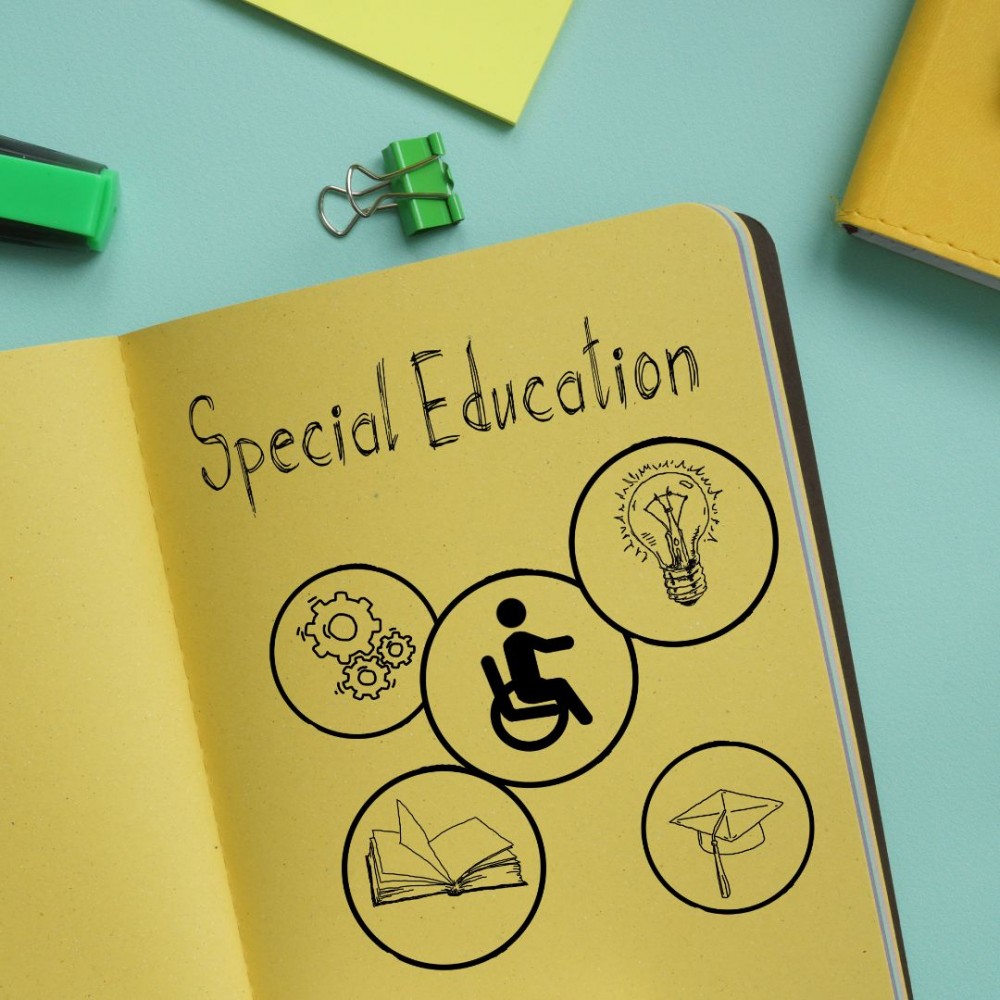Understanding Special Educational Needs (SEN): A Guide for Inclusive Teaching

Special Educational Needs (SEN) refers to the requirements of children who have difficulties in learning compared to their peers. Inclusive teaching is about adjusting the educational environment to accommodate these diverse needs. This article serves as a guide to understanding SEN and implementing inclusive teaching strategies, ensuring every child has access to a quality education.
Recognising SEN: The First Step to Inclusivity
Understanding SEN involves recognizing that children may have varying challenges, such as dyslexia, ADHD, autism spectrum disorders, and physical disabilities. Early identification and assessment are crucial for providing appropriate support. Teachers, parents, and tutors play a vital role in identifying potential SEN and seeking professional guidance.
Differentiated Instruction: Meeting Individual Needs
Differentiated instruction is a key strategy in inclusive teaching. It involves tailoring teaching methods and materials to meet the diverse needs of students with SEN. This could mean adapting lesson plans, using assistive technology, or providing one-on-one support. The goal is to offer a flexible learning environment that accommodates different learning styles and paces.
Creating an Inclusive Classroom Environment
An inclusive classroom goes beyond academic needs; it also fosters a sense of belonging and acceptance. This involves creating a physically accessible space and a supportive atmosphere where all students feel valued and understood. Teachers can promote inclusivity by encouraging positive peer interactions and respectful communication.
Collaborative Efforts: Working with Parents and Specialists
Effective SEN support often requires a team approach. Regular communication with parents and collaboration with special education professionals, such as speech therapists or educational psychologists, can provide valuable insights and strategies for supporting students with SEN.
Integrating Technology: A Tool for Inclusivity
Technology can be a powerful tool in supporting students with SEN. From speech-to-text software for students with dyslexia to interactive apps for children on the autism spectrum, assistive technologies can enhance accessibility and engagement in learning.
Training and Professional Development for Educators
Ongoing professional development is essential for educators to effectively support students with SEN. Training in special education strategies, understanding legal rights, and staying updated on the latest research and tools can greatly enhance an educator's ability to provide inclusive teaching.
Conclusion
Understanding and supporting students with Special Educational Needs is a vital part of inclusive education. By adopting differentiated instruction, creating supportive environments, collaborating with professionals, and leveraging technology, educators can ensure that all students have the opportunity to succeed and reach their full potential.


